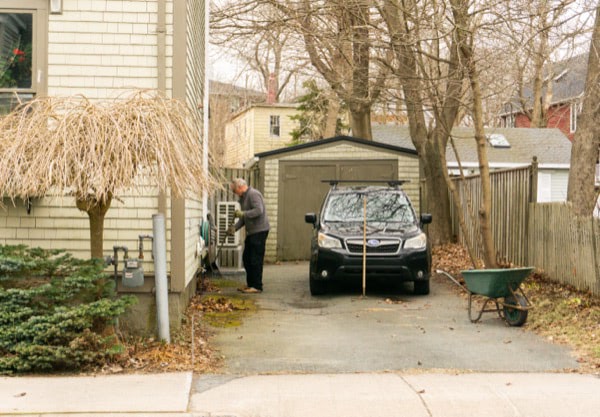Do you need to consider minimizing your spending? Here are some tips to help you curb your spending habits this year!

Do you have more good or bad assets?
We often hear and throw around the term “assets,” but sometimes we might not know exactly what it means. What exactly counts as an asset? What marks the difference between good or bad assets? Most importantly, what kind of assets do you have?
What is an asset?
So, what is an asset? An asset is anything you own that has some kind of value. In fact, most things are assets, since pretty much everything has some sort of value or price attached to it.
Assets can be either tangible or intangible. Tangible assets are physical items like your car, house, or a piece of jewelry or furniture. Intangible assets are things like your education or an investment in stocks. You can’t see or hold these things, but they still have value.
Good assets
Of course, the goal is to have more good assets than bad ones. Good assets are those that appreciate in value, making them worth more over time. Basically, they have the potential to earn you money, so they’re worth the cost of paying for them at the time.
For example, getting a degree or diploma in a field that directly relates to your future career is a good asset. The money you pay for it will be earned back through a job you can get with that education. Another good asset might be inherited jewelry made of precious materials, or owning an apartment rental unit that gives you passive income. Good assets can be physical or intangible things, personal, or business-related, as long as they appreciate in value.
Bad assets
Bad assets depreciate in value over time, so they will never be worth as much in the future as they are right now. This means you won’t earn money from them.
There are a ton of bad assets. For example, owning a car is often a bad asset because while it does its job in the present, it will never become worth more (unless it’s vintage). Other bad assets include things like boats, furniture, and most other physical items. Investing in stocks can be bad (or good) depending on how well they perform.
Sometimes bad assets are necessary. Many of us need a car, for example, and that’s okay too. In fact, a car loan can help you secure a mortgage if home ownership is on your goal list — more on that later.
What about your home?
Houses can be either good or bad assets, depending on their location and the state of the market. Right now, with housing prices rising rapidly and demand still high, most homes are good assets because they would almost certainly sell for more than what the owner paid for it. Even in a normal market, housing prices tend to increase over time more than decrease.
If you own a home, it’s likely a good asset, and will appreciate in value. However, you should still put money into your home with repairs and renovations. This will help keep it at a high value and appreciate over time.
Good debt
Assets also relate to debt, because most big purchases will put you into some form of debt. A good asset will often result in good debt. Good debt is debt that will help your financial situation over time, and potentially earn you money. For example, mortgages are good debts because they help you own a home that will likely appreciate in value. Student loans are also good debts because of their potential to unlock career opportunities for you.
Car loans are interesting because even though cars are usually bad assets, the loan can sometimes help future homebuyers secure a mortgage. Showing you can responsibly pay off your car loan shows you are trustworthy with large debts and can handle the stress of a mortgage. You can read more about how car loans can impact your mortgage application here.
Bad debt
As expected, bad debt doesn’t help you own any assets — good or bad assets — that will earn you money. A classic example of bad debt is credit card debt, because you certainly won’t make money off this debt and it can hurt your credit score if it gets too high. Car loans are also considered bad debt because it costs more money to maintain that car than you could hope to make by selling it. Assets and debt have a close relationship, with one often affecting the other. You can read about the decision to buy a home with debt here.
Most of us have assets, and many of us have debts. Whether they’re good or bad assets often depends on your own goals and financial situation. For example, some people would consider a car loan bad debt, while others might leverage it to secure a mortgage. A well-maintained home in a desirable area is almost certainly a good asset, while a residence that has fallen into disrepair is more likely to be a bad asset.
If you have questions about your financial goals, buying a home, or refinancing your mortgage, get in touch with us at Clinton Wilkins Mortgage Team! You can call us at (902) 482-2770 or contact us here.


